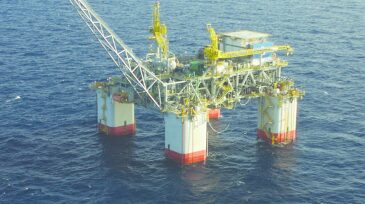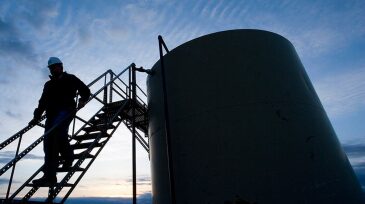-
Facility operability is a matter of safety and efficiency. Though most facilities are built and operated successfully, problems sometimes arise during the design phase that can lead to costly incidents.
-
For many projects, asphaltene management plans are a matter of remediation or prevention. In the past decade, models have been developed to predict how asphaltene particles will behave in oil—the conditions under which precipitation and agglomeration occur.
-
While there is no one way to prevent all accidents from occurring, organizations can develop an effective safety culture that allows them to learn from their mistakes.
-
A webinar examined reasons why projects fail to meet profit expectations and how success potential can be enhanced.
-
Rice University has been working on effective models of phase behavior and asphaltene deposition as a path to improved design that can reduce this challenge for operators.
-
A new federal air quality rule from the United States Environmental Protection Agency (EPA) could affect how the oil and gas industry handles waste gas emissions.
-
Companies are deploying a variety of technologies to reduce the water needs of hydraulic fracturing. Where are these new facilities with these new technologies, and how will they help operators solve the problem of finding water to use?
-
Several different factors contributed to the Macondo accident, according to an analysis by the CSB.
-
A panel of oil and gas industry experts at the Rice Global Engineering and Construction Forum discussed megaprojects and the joint responsibility of owners and contractors to make them better.
-
With events such as the BP Macondo blowout in the US Gulf of Mexico (2010) and the Pemex Ayatsil-C platform accident (June), the safety risks inherent in oil and gas projects are evident.










